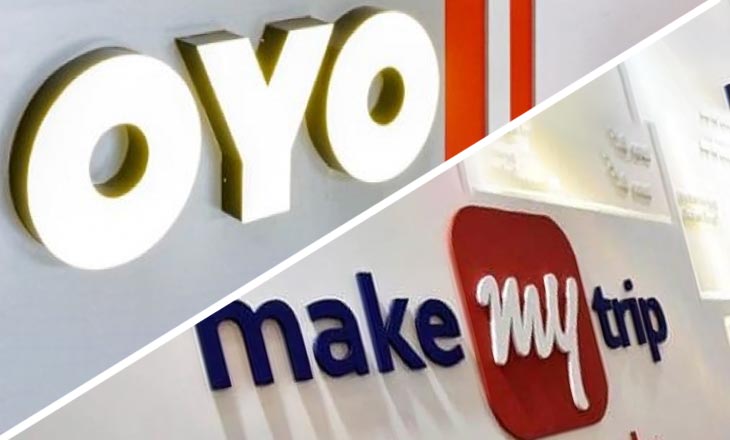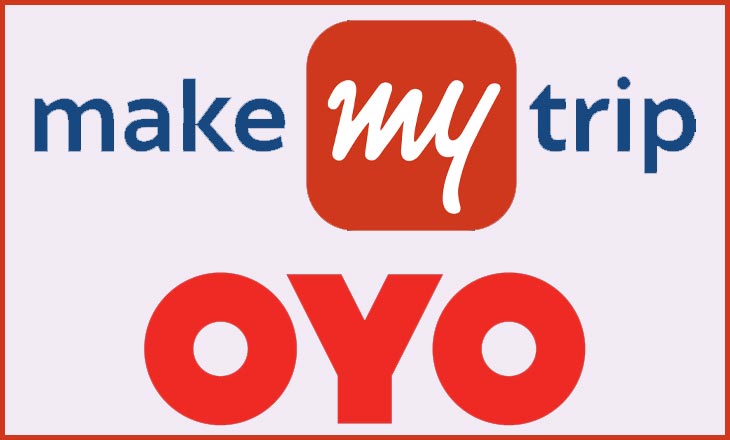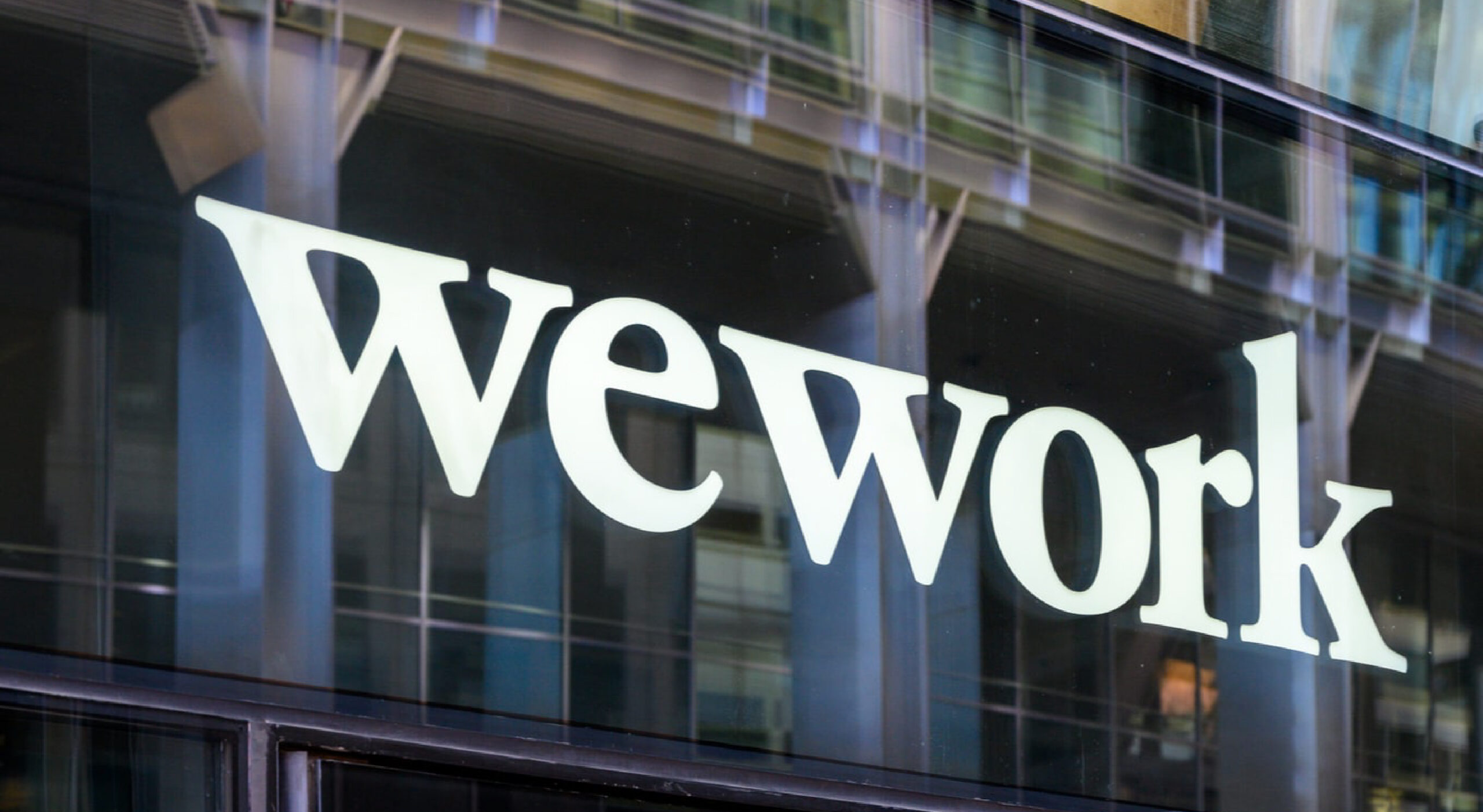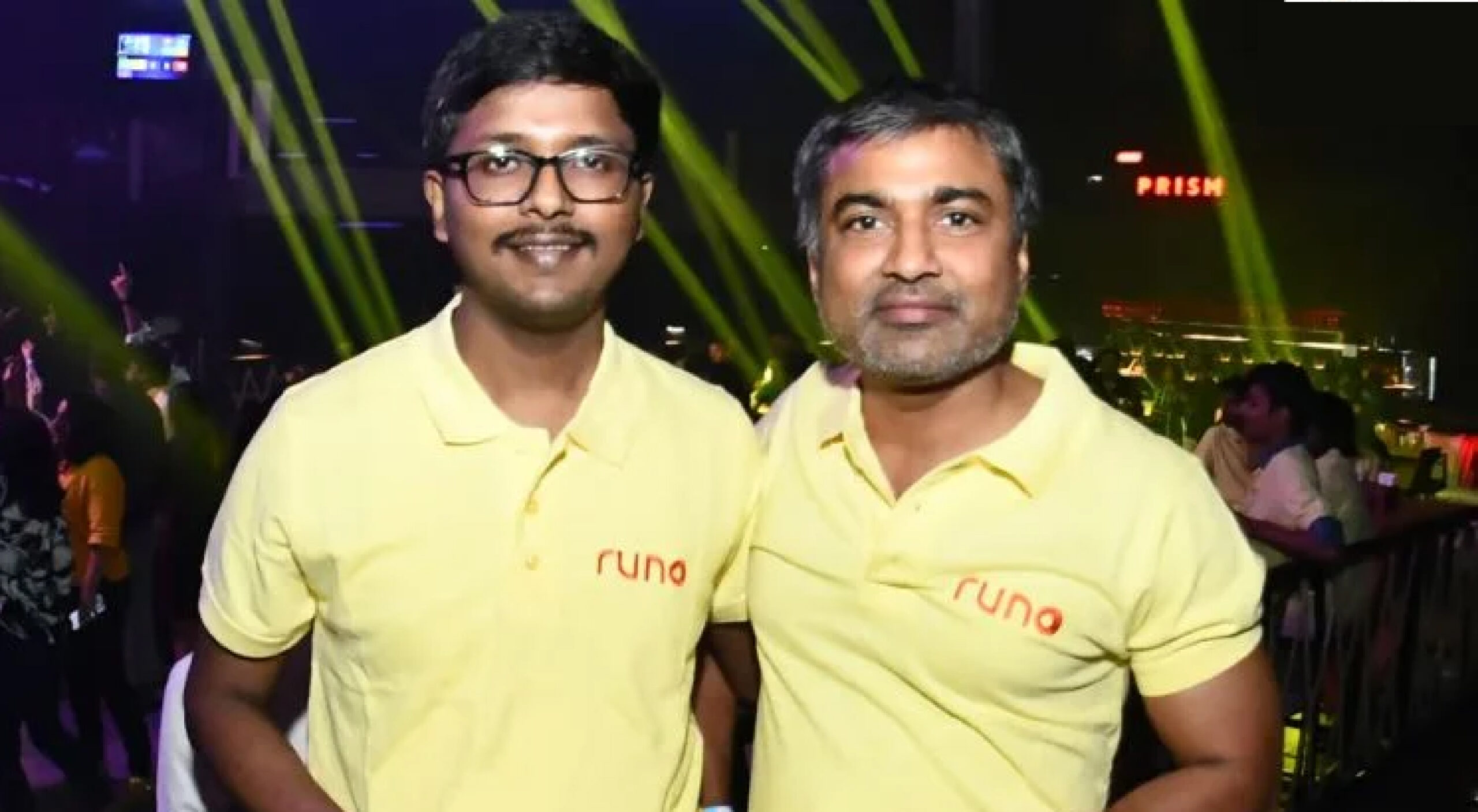Oyo and MakeMyTrip receive fines from CCI for engaging in anti-competitive behaviour
- ByStartupStory | October 20, 2022

On Wednesday, the Indian Competition Commission ordered MakeMyTrip and Oyo to pay hundreds of crores in fines for engaging in anti-competitive behaviour when listing hotel rooms. A redacted copy of the order was posted online by the commission. Both companies received three years of 5% of their annual turnover-based fines; MMT received a fine of Rs. 223.48 crores, while Oyo received a fine of Rs. 168.88 crores.
Budget hotel chains had protested to the CCI that MakeMyTrip exploited substantial discounts and enforced rules that prevented rooms from being cheaper on other platforms, and that the businesses’ vertical integration deal was leading to a monopoly in the online hotel booking market.
According to an Oyo statement, the platform would challenge the judgement: The majority of OYO clients in India make direct reservations through our app, website, and other means. We continue to collaborate as distribution partners with all [online travel agencies], a spokesman said. OYO will take all necessary actions to defend our position in the relevant forums since “OYO believe that our business methods and behaviour conform with all applicable laws.”
A MakeMyTrip spokeswoman added that the business would consider filing an appeal and claimed the website complied with Indian legal requirements. The company declared in a statement that “we are a pureplay marketplace with no supply side slant.”
In actuality, we have more than 35,000 SME hotel partners. The CCI order is now being examined. We predict that the order will have a detrimental effect on the level of competition and expansion of the Indian ecommerce business. The National Company Appellate Tribunal will hear appeals of the CCI order within 60 days. According to the guidance of our attorneys, we shall decide our line of action going forward.
The directive was well received by the Federation of Hotel and Restaurant Associations of India (FHRAI). The union, which filed the complaint that prompted the CCI’s inquiry, said in a statement that this was “by far one of the largest successes for the hospitality industry against the dominance of the aggregators.” We consider this to be a significant decision that will help save the industry and punish the OTAs.

In order to reach a theoretical billion-dollar valuation, “Oyo particularly is accountable for the systemic devastation of the budget segment hotel sector and its market. The hospitality ecosystem in our nation should be really concerned about this, Shetty continued. We expect that by doing this, investors and regulatory agencies would become more aware of Oyo’s potential IPO.
The court ordered, “MMT-Go to adequately alter its agreements with hotels/chain hotels, to remove/abandon the price and room availability parity obligations imposed by it on its hotel/chain hotel partners with respect to other OTAs” in addition to paying fines. In essence, this implies that MakeMyTrip cannot compel hotels with which it has associated to set pricing that is the same as or greater than those found on other platforms.
The commission also mandated that hotel listings on the platform be made available on a transparent basis. Both companies will undoubtedly appeal the order, but they may want to consider mounting a defence based on their declining market shares in the industry. Anecdotal data suggests that many of their “partner” hotels are making a concerted effort to fight such strategies, even going so far as to refuse to book.
Drivezy refused to comment, claiming that the case was still being heard. The business also intends to sue Yamaha in Delaware, where its US entity is registered, according to a Drivezy source.
According to the lawsuit, Yamaha stated that it was thinking about making an investment in Drivezy for its Series C round (after a $2 million Series B investment), beginning in late 2019. The multinational subsequently agreed to lead a series C financing with a $12 million investment in a $35 million deal by signing a term sheet in January 2020.
However, after two waves of the COVID-19 pandemic damaged Drivezy’s company in the following years, Yamaha contacted the startup and expressed interest in an outright acquisition. It had mentioned discussions about this transaction in June.
ings placed on these sites. Social media is flooded with traveller complaints, and it appears that the market will eventually self-correct.








